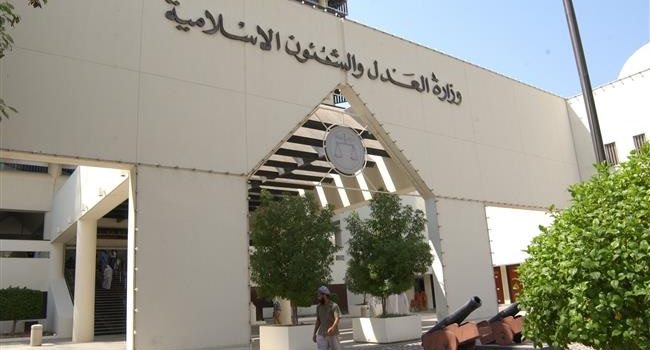
The Abu Dhabi Judicial Department (ADJD) has expanded the scope of the “Digital Document Authentication” project, enhancing access to authenticated documents and enabling direct verification of their validity and effectiveness through the website and smart application. The project utilizes AI technology as well as blockchain for efficient and seamless transactions.
As per the press release, the project supports the transition to fully digitized documents issued by the Judicial Department, using digital authentication mechanisms to verify document validity by scanning the embedded digital authentication code. Users can access information on documents such as powers of attorney, declarations, commercial contracts, marriage contracts, court correspondences, and enforcement orders through approved digital channels.
Counsellor Yousef Saeed Al Abri, ADJD Undersecretary, highlighted that the Digital Document Authentication project aligns with the Judicial Department’s strategic priorities, aiming to enhance customer satisfaction by providing innovative legal services that ensure swift justice and easy access to services via digital platforms.
The project actually started in 2021, when ADJD announced the launch allowing documents issued by the Department’s systems to be approved in an integrated digital way compatible with the UAE PASS digital identity system to authenticate documents.
At the time the UAE Ministry of Justice had announced its adoption of Blockchain technology for the authentication services being offered.
More recently the Ministry of Justice in Bahrain also announced it would be using blockchain for its notarization services with private entities.










